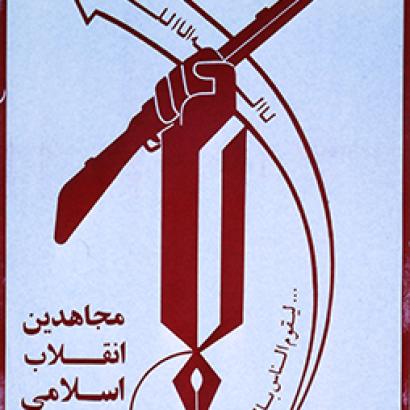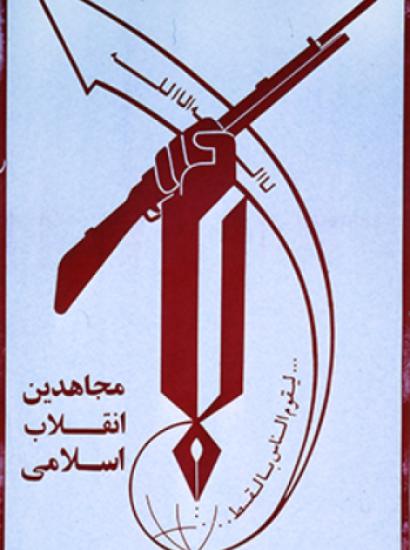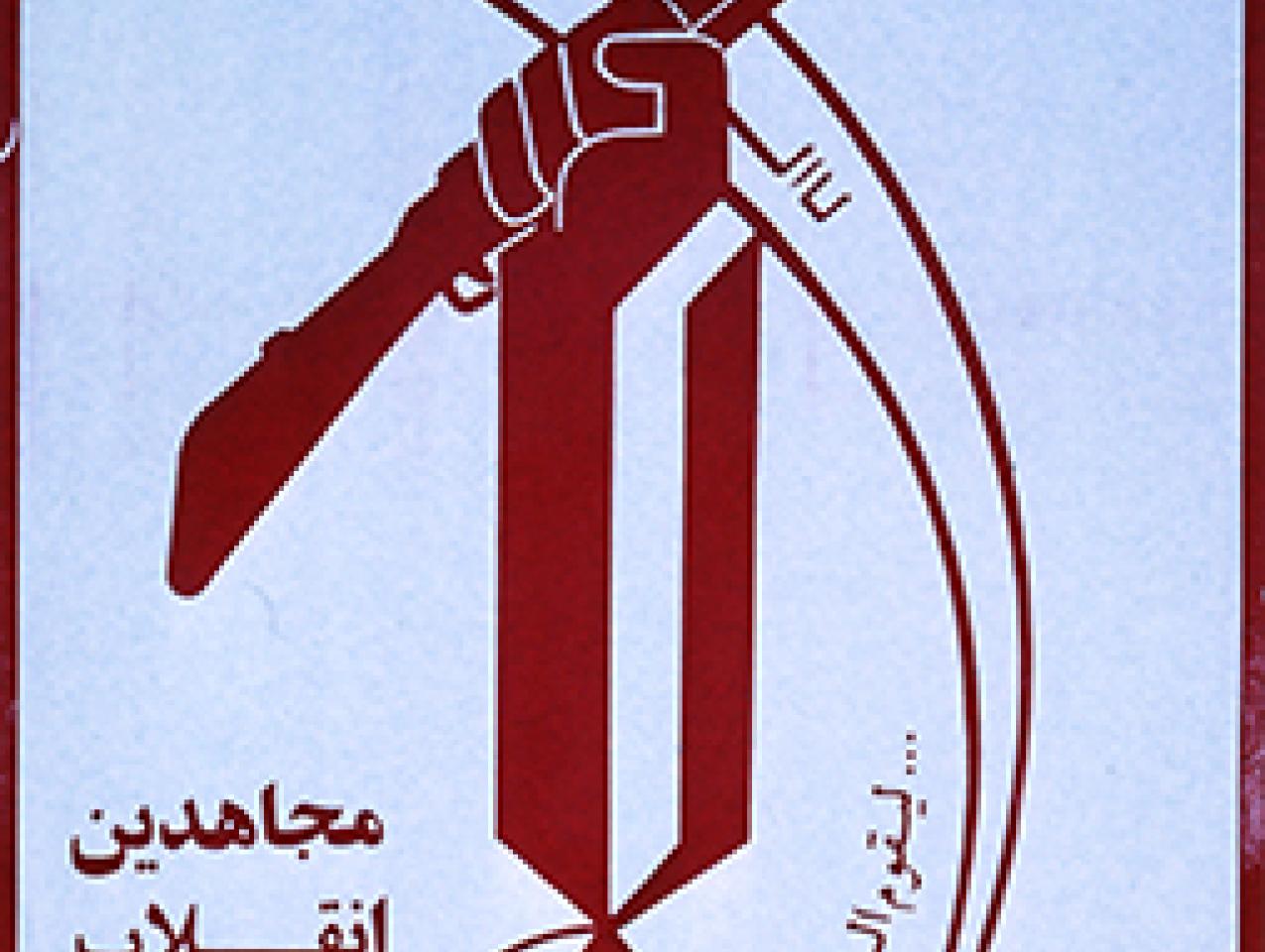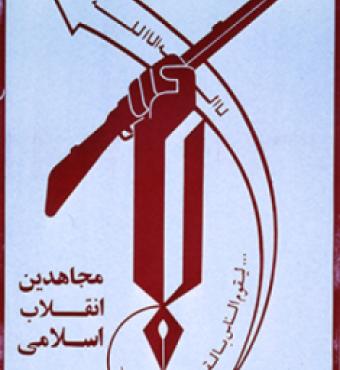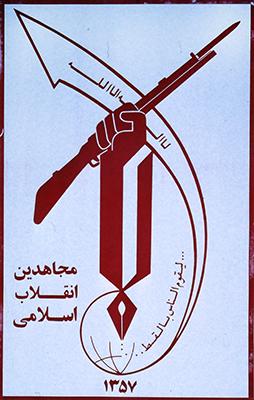- International Affairs
- Key Countries / Regions
- Middle East
- Security & Defense
- US Defense
- US Foreign Policy
- Politics, Institutions, and Public Opinion
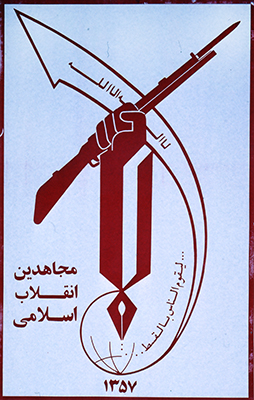
The Biden administration and President Biden personally, like Obama and his administration before him, have promised that Iran shall not be allowed to acquire a usable nuclear-explosive device. Nor is that one of those political promises that can remain unfulfilled without immediate, highly visible, and highly damaging consequences for the President, the United States, and its allies and friends.
Moreover, given the institutional incapacity for more discreet capabilities (two noisy helicopter-loads of troops were sent against Osama Bin Laden, his gardener, and their two rusty AKs… and the operation is deemed praiseworthy), Biden’s promise would require him to launch an aerial attack if all else fails.
That, moreover, would have be a full-scale aerial offensive because of another institutional limitation: the U.S. Air Forces refuse to execute overnight “air strikes” against specific targets of interest as others might do. They insist on a preliminary, or at least a concurrent “suppression of enemy air defenses” campaign to destroy every surface-to-air missile battery in any location even if decades old and most likely rusted out; every fighter-class aircraft even if long since outclassed, if operable at all; and of course every air-defense radar and command post—the desired standard is that U.S. pilots executing air strikes should be safer than the passengers of some third world airlines. In the case of Iran and its nuclear targets, that would require some twelve thousand sorties requiring more than a week to execute, with hundreds and more likely thousands of incidental casualties. In theory, a President determined to have his way might insist on an overnight operation against the urgent nuclear targets alone, but that would entail an inordinate personal political risk, including a three-ring media circus over any aircrew casualties (even the late Donald Rumsfeld, who was by no means averse to overruling the uniformed military, could not prevent, with unfortunate results, the air strike against long inoperable Mig-17s that inaugurated the 2001 Afghan intervention).
In other words, if Iran continues on its path, President Biden would have to choose between a catastrophic loss of personal, political, and national credibility if he does not order military action (unlike Obama, he cannot feign indifference to the very notion) and authorizing a vast military operation that would add many unnecessary, bureaucratically mandated, costs and risks to the inherent war risks, including unpleasant, if strategically unimportant, Iranian retaliation.
That creates ideal conditions for the Iranian negotiators.
They might not again be blessed with a Kerry who sits down in their shop making it clear that he must buy the carpet even before negotiating prices (the then Secretary of State relocated to Geneva, making it clear he would not leave till the “interim framework” was agreed, as it duly was on November 24, 2013), but they do know that Biden must accept their conditions.
These conditions include full freedom of action in developing ballistic missiles for any purpose including the delivery of any future nuclear warheads; full freedom of action to arm and direct the Shi’a militias of Iraq, Lebanon, Syria, and Yemen; full freedom of action to threaten U.S. allies in the region, and to attack those incapable of retaliating (the Saudi air force did nothing at all after Iranian drones and cruise missiles destroyed much of the gigantic oil processing plants at Abqaiq and Khurais on September 14, 2019, knocking out 5.7 million barrels a day of production). And of course the Iranian side demands an end to U.S. and UN sanctions, in exchange for the acceptance of some limits on some of their uranium enrichment activities, not including their on-going development effort to increase the efficiency of the centrifuges, or any effective limits on their weapon design and explosive trigger development activities that have never been declared, nor explained when the International Atomic Energy Agency was apprised of physical evidence of weapon-related work. That is what Iran can count on, just like last time, but for the $400 million cash down payment airlifted as an advance on the total $1.7 billion paid to Iran to settle claims dating back to 1979.
In other words, President Biden deserves our sympathy for facing the Iranian negotiators with allies alongside him eager for a settlement, any settlement (except for the French, who almost walked out last time and have demands this time), with uniformed bureaucrats in the Pentagon who deny him perfectly feasible one-night military options, and his own strategic conscience that prevents him from signing off on just about anything and blithely call it a negotiating success. But sign he will.







